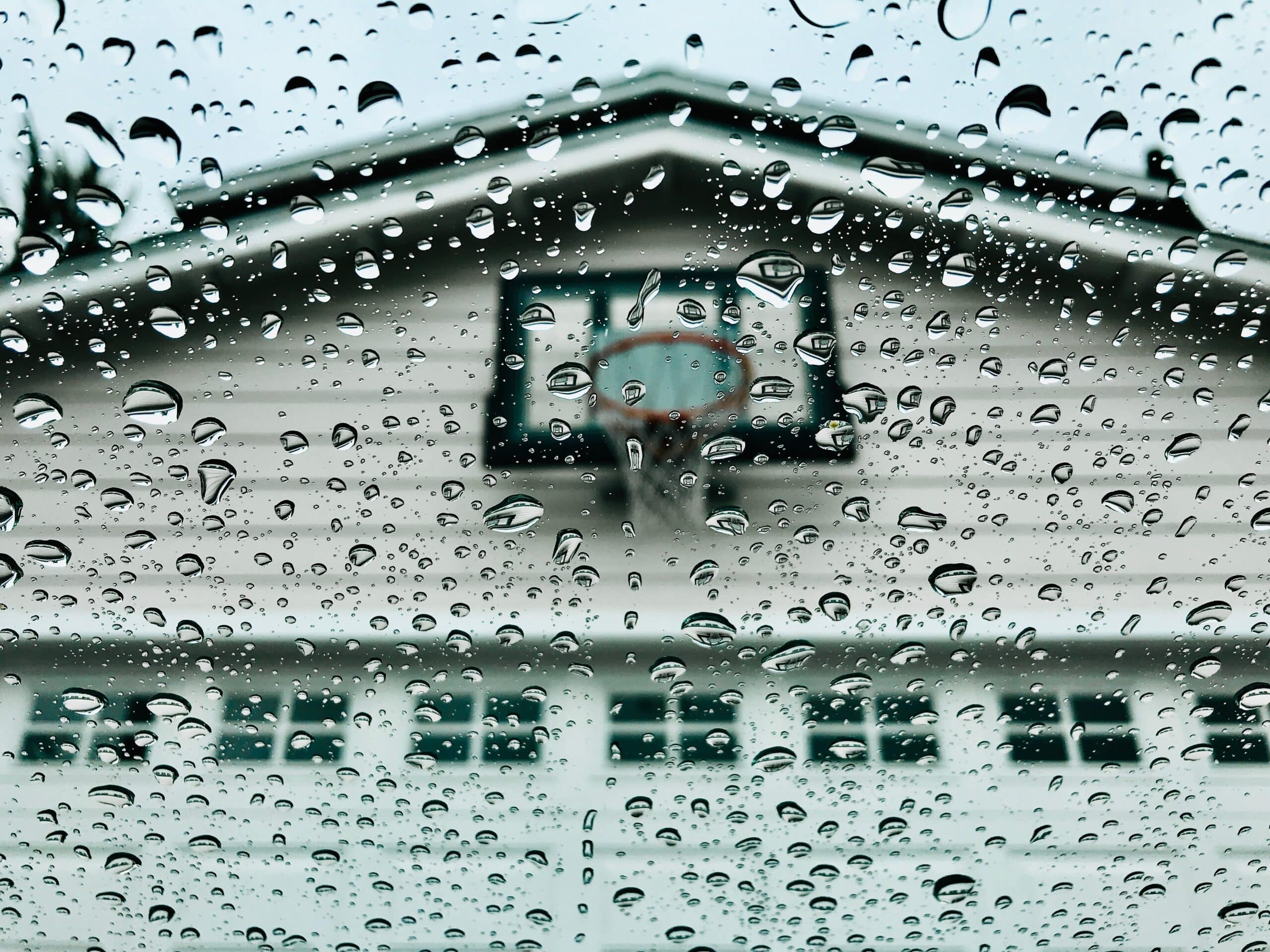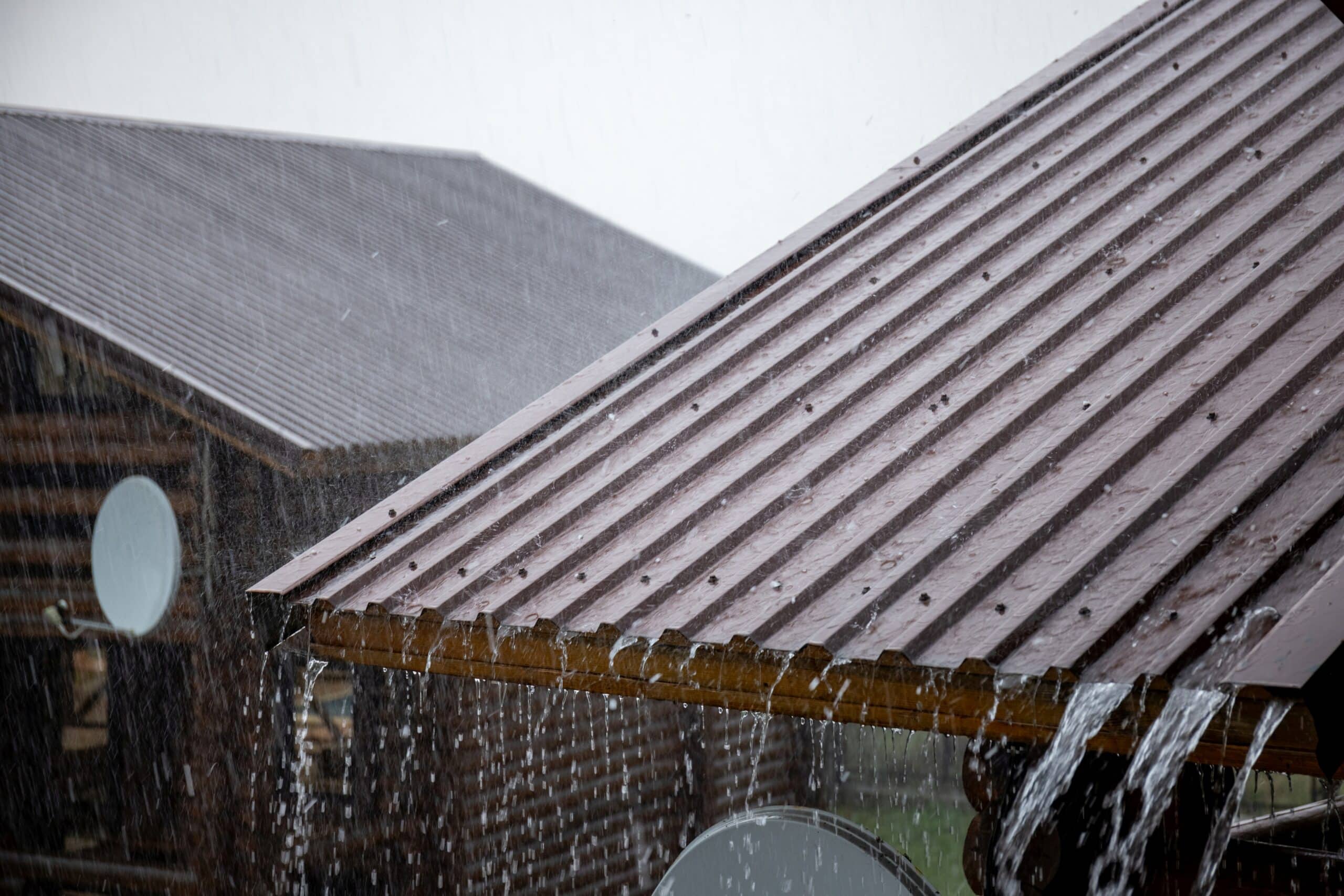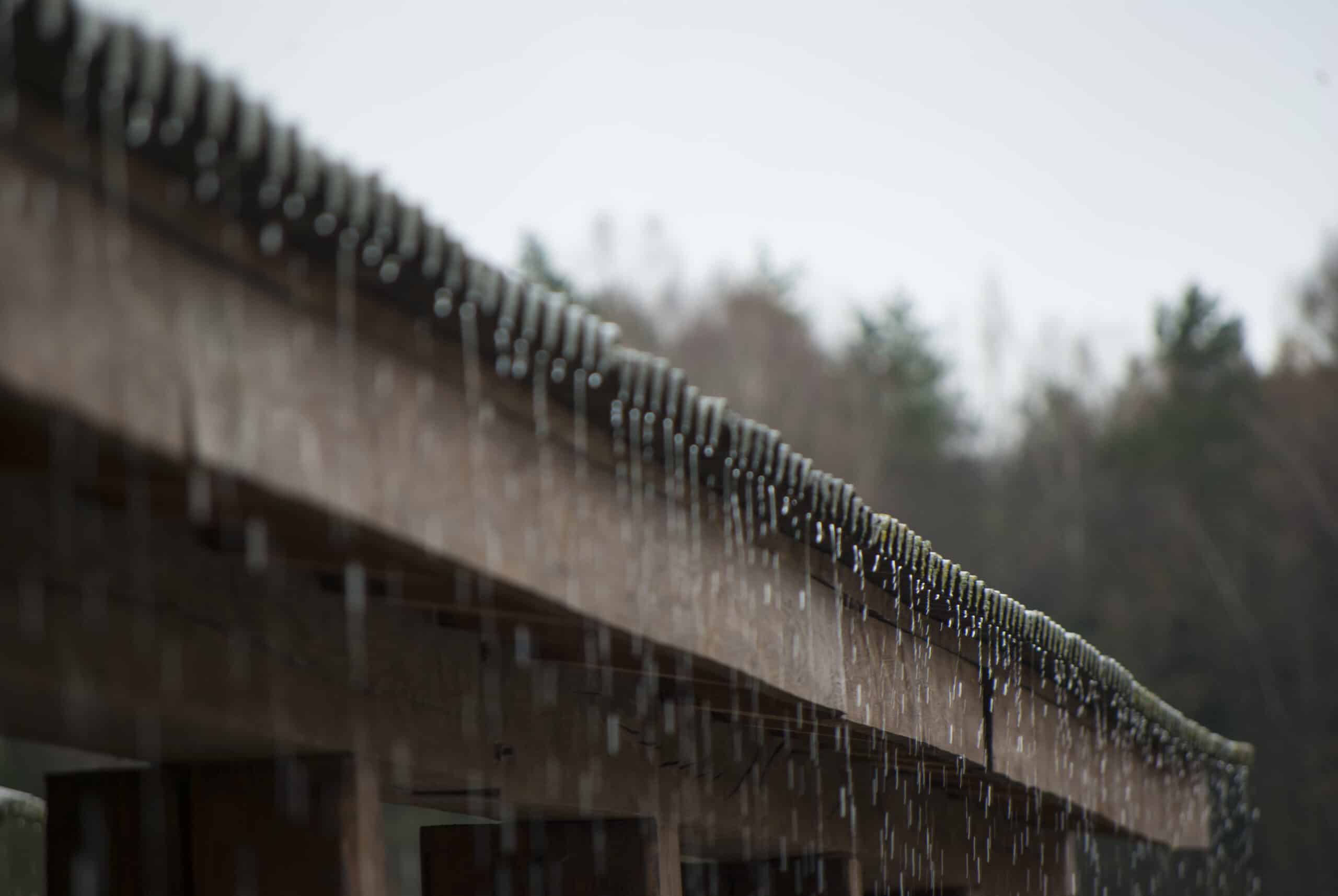Are you concerned about the noise level of a metal roof when it rains? While metal roofs have many benefits, their noise during rain is a common concern. Let’s dive into the details and find out if a metal roof is indeed loud when it rains and how you can reduce the noise.
Metal Roof Noise in Rain
The sound of rain on a metal roof can be soothing for some but bothersome for others. Understanding the noise level of metal roofs during rain can help you make an informed decision.
1. Understanding Metal Roof Rain Sound
The sound of rain on a metal roof can vary depending on several factors, including the type of metal, roof structure, and insulation. Metal roof rain sound can range from a gentle patter to a loud drumming noise.
2. Noise Level of Metal Roofs
Metal roofs can be louder than other roofing materials, such as asphalt shingles, during a rainstorm. However, this noise level can be significantly reduced with proper installation and additional layers.
Metal Roof Rain Noise Reduction
If you’re worried about the noise from a metal roof during rain, there are several methods to reduce it. Here are some effective strategies to minimize the noise.
1. Insulation and Underlayment
Adding insulation and an appropriate underlayment can drastically reduce the noise level of a metal roof. These materials act as a sound barrier, dampening the impact of rain on the metal surface.
2. Roof Decking
A solid roof decking, such as plywood or oriented strand board (OSB), provides a sturdy base for the metal roof, helping to reduce noise. This combination can help in minimizing the metal roof rain noise effectively.
Noise Level of Metal Roofs Compared to Other Materials
To understand how metal roofs compare to other roofing materials in terms of noise, let’s look at the differences.
1. Asphalt Shingles
Asphalt shingles are generally quieter than metal roofs because they have a softer surface and are often installed over underlayment and decking that further reduces noise.
| Roofing Material | Noise Level During Rain | Insulation Required |
|---|---|---|
| Metal Roof | Higher | High |
| Asphalt Shingles | Lower | Moderate |
| Tile Roof | Moderate | Low |
Metal Roofing Soundproofing
There are additional soundproofing techniques that can be used to further reduce the noise of a metal roof during rain.
1. Acoustic Panels
Installing acoustic panels on the underside of the roof can help absorb sound and reduce noise. These panels are specifically designed for soundproofing and can be very effective.
2. Foam Insulation
Spray foam insulation is another excellent option for soundproofing a metal roof. It not only reduces noise but also improves the energy efficiency of your home.
Conclusion
While metal roofs can be noisier than other roofing materials during rain, there are effective ways to mitigate this issue. Proper insulation, solid decking, and soundproofing techniques can help reduce the noise to a comfortable level. At Eustis Roofing, we offer expert advice and services to ensure your metal roof is installed with noise reduction in mind. Contact us today to learn more about our metal roof solutions and how we can help you create a quieter home environment.
FAQs
1. Is a metal roof louder in the rain compared to other roofing materials? Yes, metal roofs can be louder, but proper insulation and underlayment can significantly reduce the noise.
2. How can I reduce the noise of a metal roof during rain? Adding insulation, solid roof decking, and acoustic panels can help reduce the noise of a metal roof during rain.
3. Does the type of metal affect the noise level of a metal roof? Yes, the type of metal and the roof’s structure can influence the noise level. Thicker metals and proper installation can reduce noise.
4. Are there specific products to soundproof a metal roof? Yes, products like acoustic panels and spray foam insulation are effective for soundproofing a metal roof.
5. Is the noise from a metal roof during rain always bothersome? The perception of noise is subjective. Some people find the sound of rain on a metal roof soothing, while others may find it bothersome.



